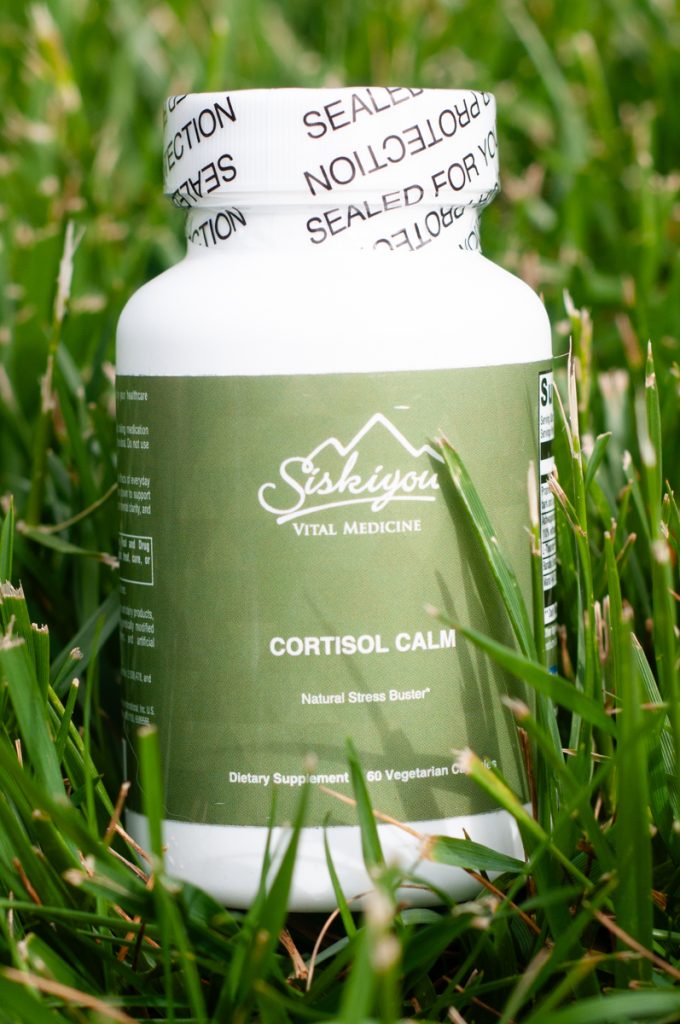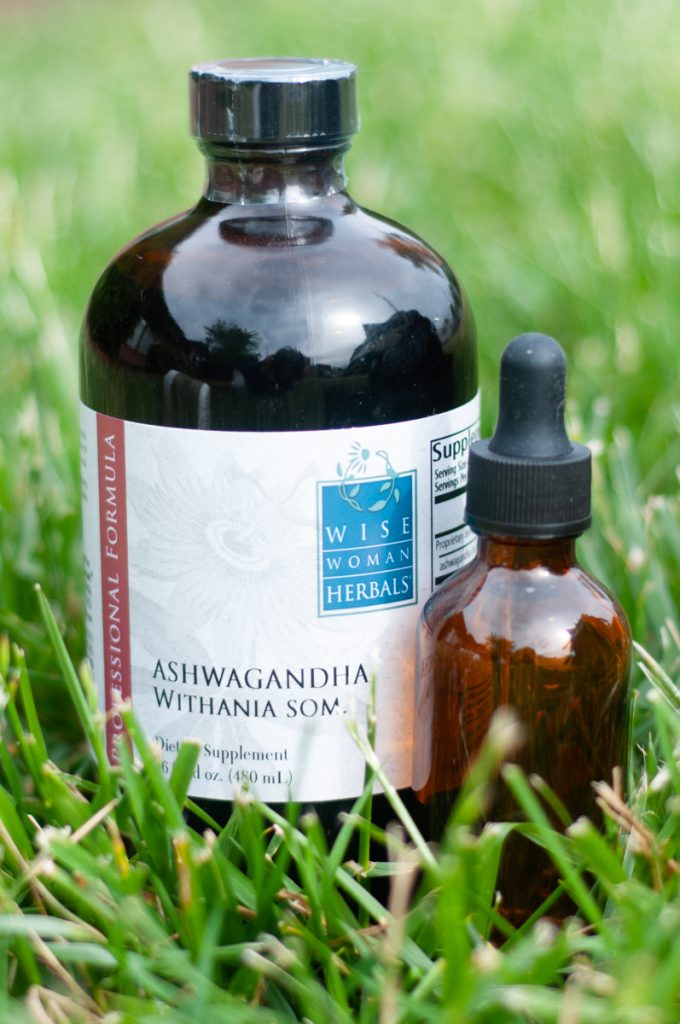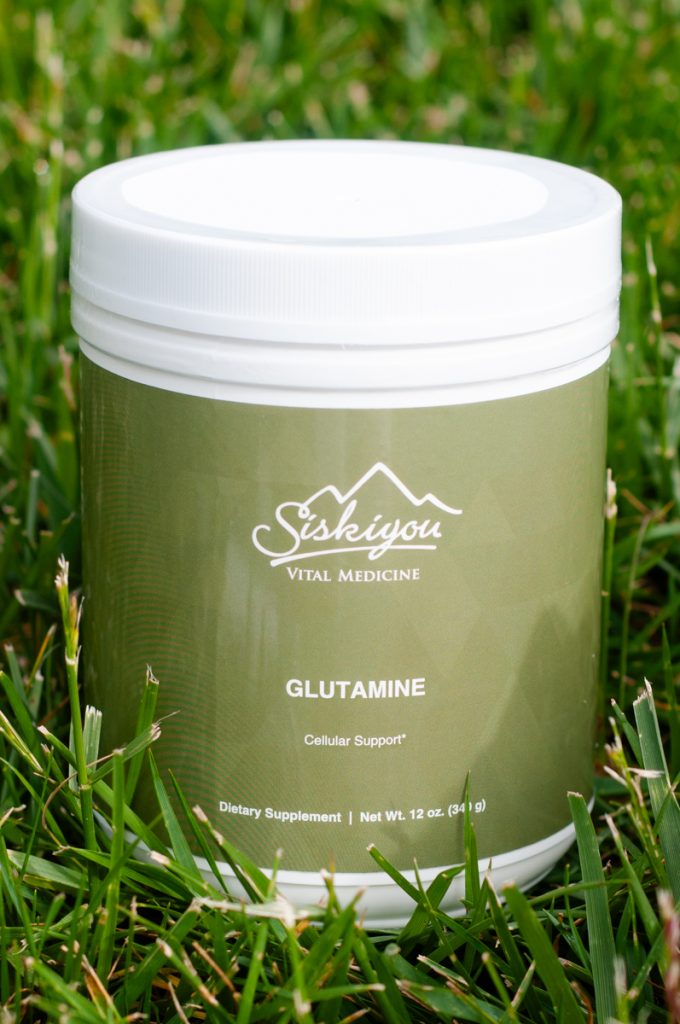In this series we give you tips on how to reach your most vibrant health by giving your body what it needs to thrive. Here are the 10 health foundations:
- Stress Relief
- Movement
- Love and Self Care
- Fill the Food Gaps
- Remove and Avoid Toxins
What Is Stress?
“Life is 10% what happens to us and 90% how we react to it.”
~ Charles R. Swindoll
Stress is the body’s “fight or flight” response, driven by the release of hormones like cortisol and adrenaline. It’s a very useful automatic reaction nature has given us to get out of dangerous situations – like being chased by a lion. For a short period of time the body prepares to run or fight by enhancing blood flow to the extremities and putting rest and digest functions on temporary hold. Once the danger is over, the body is able to recover with plenty of rest. For any physical danger, this mechanism is life saving. After a short period of stress, the body can rest, start digesting again, and get back to equilibrium – at least that’s how nature intended it.
But our modern society is full of mental, emotional and environmental stressors bombarding us from all sides, often keeping our bodies in flight-or-fight for days or weeks on end. One major contributor is modern media, which often uses fear and uncertainty to capture attention. This constant stream of alarming headlines and imagery keeps the nervous system on high alert, priming the body for danger even when no immediate threat is present.
External Stressors
- Work-related stress
- Financial stress
- Family and relationship stress
- Health-related stresses
- Life transitions
- Social stresses
- Environmental stresses
Internal Stressors
- Chronic worry or anxiety
- Perfectionism
- Self-criticism or negative self-talk
- Unresolved trauma or emotional baggage
- Lack of time or poor time management:
- Unmet needs or desires
- Struggling with identity or purpose
When the stress response is activated, the brain shifts resources away from the frontal lobe – the area responsible for rational thinking and decision-making – and into older, survival-focused regions. That’s why it’s so common for people under pressure to be unable to recall information, like during exams or public speaking. Chronic stress also disrupts digestion, and given the central role of the gut in overall health, long-term dysregulation can contribute to a wide range of systemic concerns.
Good Stress (Eustress) vs Bad Stress (Distress)
Not all stress is bad. On the contrary – the body needs challenges so it can grow and adapt. Athletes understand this well: by pushing physical limits, the body becomes stronger and more resilient. When stress exceeds your capacity to recover – whether physically, mentally, or emotionally – it shifts from helpful to harmful. Learning to recognize that tipping point is essential for long-term health and vitality.
Eustress (“Good Stress”)
Eustress is the positive, motivational type of stress that helps you grow, adapt, and thrive. It’s the kind of stress that energizes you, making you feel alive, excited, and focused. It helps you perform at your best.
Examples are:
- Moderate exercise
- A challenge at work or school (presentation, exam, project)
- Creative endeavors
Good stress has a short-term, motivational effect that empowers you to rise to a challenge. Once the challenge is over, you return to balance.
Distress (“Bad Stress”)
Distress on the other hand is the kind of stress that is overwhelming, chronic, or uncontrollable. This kind of stress deteriorates well-being, wears you down, and can have long-term negative effects on your health and mental state. Examples:
- Work overload
- Relationship conflicts
- Financial insecurity
- Trauma
Bad stress is uncontrollable, persistent, and often leaves you in a state of emotional depletion and physical weariness. Unlike good stress, distress doesn’t motivate but instead impairs your ability to function over time.
People don’t all react the same way to stressful situations. What leaves one person feeling overwhelmed might not bother someone else at all. This means that your reaction to stress is not fixed, and with conscious awareness, you can choose a calmer, more balanced way to handle it.
Stress Relief – Important for Long-Term Health
“It’s not stress that kills us, it is our reaction to it.”
~ Hans Selye (father of stress research)
Any stress reaction should dissipate as quickly as possible after the perceived danger has passed. This ability to recover is known as resilience. However, when stress is ongoing or unresolved, the body remains in a state of heightened arousal, making resilience harder to achieve. That’s why it’s essential to become aware of stressors and actively regulate stress on a daily basis.
Here are the health effects of chronic stress on the body over time:
Physical Effects:
- Weakened immune system – more susceptible to infections
- High blood pressure
- Heart problems
- Weight gain
- Digestive issues
- Sleep problems
- Muscle tension and pain
Mental & Emotional Effects:
- Anxiety and depression
- Irritability or mood swings
- Memory and concentration issues
- Burnout and emotional exhaustion
- Onset of dementia
Behavioral Changes:
- Overeating or undereating
- Increased use of alcohol, tobacco, or other substances
- Social withdrawal
- Procrastination or neglecting responsibilities
Natural Ways for Stress Relief
“Exercise, a renewed focus on positive thinking, seeking creative outlets, social activities, proper nasal breathing and self-care are more effective ways to escape the stress cycle.”
~ Dr. Joseph Mercola
The following strategies can help support a more balanced nervous system and improve your capacity to cope with life’s demands.
- Set boundaries.
Don’t overextend yourself—say NO when you’re overloaded. - Practice stress management.
Use mindfulness, meditation, breathwork, or yoga to relax and recover from stress. - Physical self-care.
Ensure you’re eating nourishing foods, getting regular moderate exercise, and sleeping well to strengthen your body’s ability to cope with stress. - Emotional self-care.
Process emotions through journaling, bodywork, or talking with trusted friends. Don’t bottle up distress. - Focus on what you can control.
Accept that some stressors are beyond your control, but you have power over your response to them. - Have fun!
Make joy a part of your daily life! Put at least one joyful activity on your daily schedule and watch your life transform.
Adaptogens and their Role in Stress Resilience
Examples of adaptogens:
- Ashwagandha – Calming, great for anxiety and sleep.
- Holy Basil (Tulsi) – Uplifting and immune-supportive.
- Reishi Mushroom – Grounding, supports immune and nervous systems.
The hypothalamus, pituitary gland and adrenal glands (known as HPA axis) work together during stress to regulate the body’s response. Adaptogens are nature’s ingenious way to help the body adapt to physical, emotional, and environmental stresses by:
- Regulating Cortisol – this helps the body return to balance rather than staying in fight-or-flight.
- Protecting the Brain – many have antioxidant properties that defend against neuroinflammation.
- Stabilizing Neurotransmitters – they influence levels of dopamine, serotonin, and GABA, which improves mood, focus, and sleep.
- Restoring Adrenal Function – adaptogens like licorice root and ginseng help restore adrenal tone and function over time.
Some adaptogens are more stimulating (Rhodiola, Ginseng), while others are more grounding (Ashwagandha, Reishi). Quality matters — always look for organic or well-sourced herbs, especially for tinctures and powders. It can be helpful to rotate or combine adaptogens based on your body’s needs and the season.
Not all adaptogens are appropriate for every person or condition, so please consult with your physician if you have any questions.
Helpful Supplements
CORTISOL CALM
Cortisol calm helps your body resist and recover from the effects of everyday stress. Components of the multifunctional formula have been shown to support healthy cortisol levels, help alleviate occasional fatigue, promote mental clarity, and support relaxation and restful sleep.
ASHWAGANDHA TINCTURE
As an adaptogen, Ashwagandha balances the body’s stress response and supports adrenal function with the many positive actions this has on the body. Studies have shown it can reduce symptoms of anxiety and improve stress resilience.
A tincture is more quickly absorbed into the body and acts much faster than a capsule does.
GLUTAMINE
L-glutamine is a conditionally essential amino acid necessary for the maintenance of many metabolic functions. Under metabolic stress – illness, infection, toxins etc – physiological demand increases. L-glutamine supplementation can provide for the body’s increased needs to support intestinal health, immune function, muscle mass retention, and to increase glutathione synthesis.
Our Prescription for Stress Relief

What are your major stressors? Take an honest inventory and define tangible actions to change them.

Focus on relieving stress – spend time in nature, meditate, use mindfulness practices, breathwork, and/or yoga daily. Put your bare feet on the ground, in the grass, or in natural water. Go for long walks.

Incorporate daily joy for 10 minutes – minimum! For example, try gratitude journaling. This practice not only has the added benefit of relieving stress, it also makes life more joyful.

Turn off the news / TV. Accept the “present” of what-is by coming back into the ‘now’.

Ask yourself: Is exercise helping or part of the problem? Do you have healthy expectations, exertion levels, time devotion? Could you benefit from days off or a less stressful routine?

Be kind to yourself. The most prevalent part of our “environment” is our thoughts and self-talk.
Written by Karen Wegehenkel
Medically reviewed by Dr. McClane Duncan, ND
Sources and Resources
The American Institute of Stress (AIS)
https://www.stress.org/
A nonprofit organization founded in 1978 at the request of Dr. Hans Selye, the pioneering endocrinologist known as the “father of stress research.” AIS was established to serve as a clearinghouse for science-based information on stress and its management
NIH National Center for Complementary and Integrative Health
https://www.nccih.nih.gov/health/stress
U.S. government website providing evidence-based information on complementary approaches to stress management
“The Relaxation Response” Book by Dr. Herbert Benson
This book explains the science behind relaxation techniques like deep breathing, progressive muscle relaxation, and mindfulness, which are powerful tools for managing stress.
“The Stress Solution: Using Empathy and Cognitive Behavioral Therapy to Reduce Anxiety and Develop Resilience” Book by Dr. Rangan Chatterjee
This book blends both scientific and holistic approaches to stress relief, including simple lifestyle changes, mindful practices, and diet.
Dr. Mercola: How Stress Affects Your Body, and Simple Techniques to Reduce Stress and Develop Greater Resilience
https://articles.mercola.com/sites/articles/archive/2016/04/10/how-stress-affects-body.aspx
Dr. Mercola: How Slow Breathing Alters Brain Circuits to Crush Anxiety
https://articles.mercola.com/sites/articles/archive/2025/01/28/slow-breathing.aspx
Dr. Mercola: Basking in Nature Helps Relieve Stress and Improve Mood
https://articles.mercola.com/sites/articles/archive/2025/04/17/benefits-of-forest-bathing.aspx
Dr. Mercola: How Stress Hormones Promote Diabetes
https://articles.mercola.com/sites/articles/archive/2025/02/12/stress-hormones-and-diabetes.aspx
Dr. Mercola: How Stress Can Sabotage Your Diet
https://articles.mercola.com/sites/articles/archive/2024/12/02/stress-healthy-diet.aspx
Dr. Mercola: Five Ways to Complete the Stress Cycle and Avoid Burnout
https://articles.mercola.com/sites/articles/archive/2024/05/29/stress-cycle.aspx
Dr. Mercola: How to Fight Against Work Stress? Shaolin Monk Gives Tips
https://articles.mercola.com/sites/articles/archive/2024/03/29/how-to-fight-against-work-stress-walter-gjergja.aspx
This article is for informational purposes only and is not a substitute for professional medical advice, diagnosis, or treatment.




